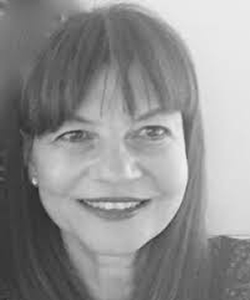(Online) Linguistic Diversity in Language Acquisition
Presenters: Sabine Stoll
Offered virtuallyVT1TFA3
Language acquisition research faces a big challenge: explaining how children cope with the extreme structural diversity of human languages. Despite the lack of structural universals and the vast diversity space at all linguistic levels, this puzzle remains unresolved.
In this workshop, we will first explore the challenges learners encounter when dealing with the immense diversity found in languages worldwide. We will then discuss how embracing this diversity in our studies can help avoid biased results. Following this, we will delve into the universal mechanisms underlying language acquisition including theory of mind, statistical learning and priming.
To better understand how these mechanisms operate within the diverse landscape of human language, we will examine universal input patterns that enable learners to build their lexicon and grammar. We will discuss in some detail how a number of linguistic features are acquired in a diverse set of languages, Finally, we will discuss these mechanisms and linguistic patterns in the light of language evolution.
Keywords: First Language Acquisition, Language Evolution, Psycholinguistics, Typology, Corpus Linguistics, Learning
Tuesdays and Fridays, July 8-July 22, 9:00am - 10:20am (Virtual Only)
Tuesdays and Fridays
Presenters

Institute for the Interdisciplinary Study of Language Evolution (ISLE Institute), University of Zurich
Sabine Stoll is the Head of the Institute for the Interdisciplinary Study of Language Evolution (ISLE Institute) at the University of Zurich, Switzerland. With decade of research experience at the Max Planck Institute for Evolutionary Anthropology in Leipzig, she now leads the Language, ACQuisition, DIVersity Lab (ACQDIV). Her lab’s work seeks to embrace linguistic diversity to uncover universal mechanisms and input patterns that enable children to learn any human language. By combining naturalistic and experimental data acquisition with methods from various fields, her work aims to deepen our understanding of first language acquisition and its role in language evolution.
Tuesdays and Fridays, July 8-July 22, 9:00am - 10:20am (Virtual Only)
Tuesdays and Fridays
